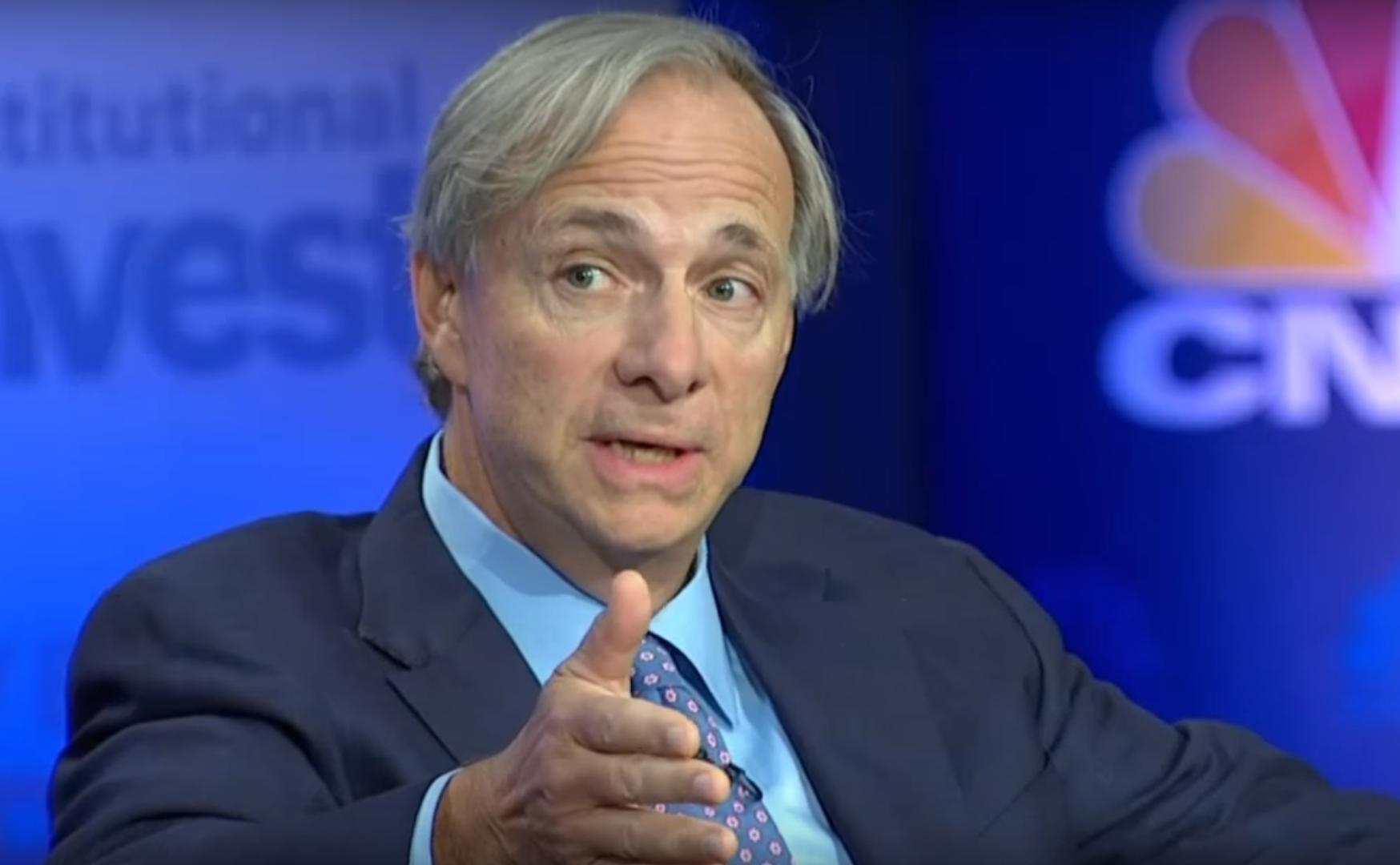Bridgewater Associates founder Ray Dalio has revealed he continues to hold Bitcoin despite harboring concerns about the cryptocurrency's traceability and potential vulnerabilities to quantum computing. The hedge fund legend's cautious endorsement highlights growing institutional awareness of both Bitcoin's value proposition and its technological challenges.
Ray Dalio, the billionaire founder of Bridgewater Associates, has confirmed his continued investment in Bitcoin while simultaneously raising red flags about two critical vulnerabilities that could impact the cryptocurrency's long-term viability: transaction traceability and quantum computing threats.
In recent remarks, Dalio acknowledged that despite his ongoing Bitcoin holdings, he remains troubled by the digital asset's lack of privacy. Unlike physical gold or cash transactions, Bitcoin's blockchain creates a permanent, publicly viewable record of all transactions. This transparency, while beneficial for verification and preventing double-spending, raises significant privacy concerns for investors seeking financial discretion—a quality traditionally associated with alternative stores of value.
The quantum computing concern represents an even more existential threat to Bitcoin's security infrastructure. Current cryptographic protocols protecting Bitcoin rely on mathematical problems that are virtually impossible for classical computers to solve. However, sufficiently advanced quantum computers could theoretically break these encryption methods, potentially compromising private keys and undermining the entire security framework of cryptocurrency networks.
Dalio's perspective carries considerable weight in financial circles. As one of the world's most successful hedge fund managers, his views on macro-economic trends and alternative assets influence institutional investment strategies globally. His willingness to maintain Bitcoin exposure despite these concerns suggests he views the potential rewards as outweighing the risks—at least for now.
The traceability issue has prompted increased interest in privacy-focused cryptocurrencies and second-layer solutions that obscure transaction details. Meanwhile, the quantum threat has spurred the cryptocurrency development community to research quantum-resistant cryptographic algorithms, though implementing such changes across established networks presents significant coordination challenges.
Dalio's nuanced position reflects a broader institutional sentiment: Bitcoin has earned a place in diversified portfolios as a hedge against inflation and monetary debasement, but investors should remain cognizant of its technological limitations and evolving risk profile. His continued investment, coupled with vocal concerns, exemplifies the sophisticated risk-reward calculus that institutional investors apply to cryptocurrency holdings in 2025.
As quantum computing advances and privacy debates intensify, how the Bitcoin community addresses these challenges will likely determine whether traditional finance heavyweights like Dalio maintain their positions or eventually exit the market.
